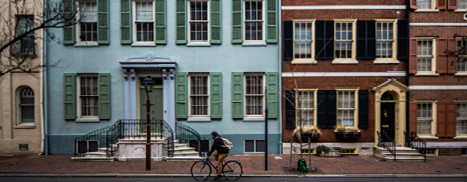Areas of Expertise

L-1 Intracompany Transferees
The L-1 category applies to foreign nationals who work for a company with a parent, subsidiary, branch, or affiliate in the U.S. These workers come to the U.S. as intracompany transferees who are coming temporarily to perform services either
- in a managerial or executive capacity (L-1A) or
- which entail specialized knowledge (L-1B)
for a parent, branch, subsidiary or affiliate of the same employer that employed the professional abroad. The employee must have been employed abroad for the corporation, firm, or other legal entity (or an affiliate or subsidiary thereof) on a full-time basis for at least one continuous year out of the last three-year period to qualify. There is currently no annual cap on L-1 visas.
The initial L-1 petition can be requested for a period up to three years. For L-1B petitions, the USCIS may approve a two year extension of status up to the maximum allotted period of five years. For L-1A petitions, the maximum period is seven years total, with extensions granted in two year increments.
Note: The employer is not required to obtain a labor certification prior to petitioning in this category. Compensation level is not prescribed, but U.S. income must be sufficient to prevent the foreign national employee from becoming a public charge.
Employers who regularly file L petitions may wish to consider filing for a blanket L petition in order to obtain continuing approval for itself (and some or all of its parents, branches, subsidiaries and affiliates in the U.S. ). This simplifies the process of approving and admitting additional individual L-1A and L-1B workers.
Dependents (i.e. spouses and unmarried children under 21 years of age) of L-1 workers are entitled to L-2 status with the same restrictions as the principal. L-2 spouses may seek employment in the U.S. pursuant to an approved Employment Authorization (EAD).
Temporary Work Visas
February 20, 2026
Department of State Releases March 2026 Visa Bulletin The DOS released its March 2026 Visa Bulletin, and USCIS has determined that all family-sponsored and employment-based preference categories may...MoreJanuary 27, 2026
Fiscal Year 2027 H-1B Lottery The initial registration period for the fiscal year 2027 H-1B lottery has been set. Registrations will open at noon Eastern...More
